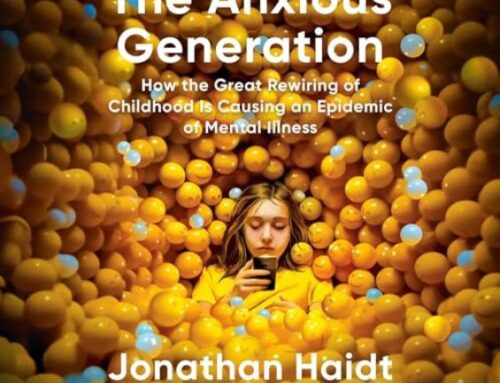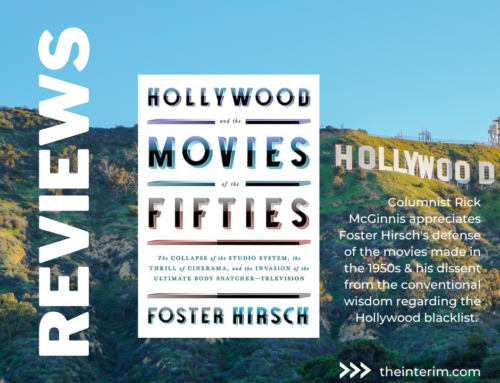 There are a few rules about reviewing movies that no one can teach you – that only become evident after you’ve sat through many hundreds of hours of films you probably didn’t enjoy and written reviews that, taken as a whole, provide evidence of a life in the midst of being wasted. Some apply generally to the whole history of moviemaking and can even be extended to other art forms, such as the rule that there’s no such thing as a period film – every costume drama, biopic, war film and western is more about the time in which it was made than the era in which it’s set.
There are a few rules about reviewing movies that no one can teach you – that only become evident after you’ve sat through many hundreds of hours of films you probably didn’t enjoy and written reviews that, taken as a whole, provide evidence of a life in the midst of being wasted. Some apply generally to the whole history of moviemaking and can even be extended to other art forms, such as the rule that there’s no such thing as a period film – every costume drama, biopic, war film and western is more about the time in which it was made than the era in which it’s set.
Others are more conditional, and might be irrelevant 10 or 20 years in the past or future. One such rule is the one that states no sports movie made by Hollywood is about athletics at all, but about race, as the sports film is the one arena in which race can be portrayed with a plausible optimism that a drama or police thriller, for instance, would have a hard time pulling off. As a rule, it only became apparent to me a few years ago, when I found myself sitting through a brace of sports films with titles like Remember the Titans, Coach Carter, Glory Road and Friday Night Lights, where high school and college sports teams were used as proxies for American society, struggling to deal with racism, integration or the years of unforeseen after-effects of civil rights.
Anyone who’s sat through a few hours of PBS, and especially the epic documentary series of Ken Burns (The Civil War, Baseball, Jazz, The War,) will know that race – not class, or the anxious and often arbitrary polarizations inherent in a democracy or the expedient and overly legalistic view of life that seems to be a byproduct of a secularizing culture – is the eternal problem facing America; its primal casus belli, its original sin. If the most essential definition of drama is a large object and a smaller one occupying the same frame, a black and a white character sharing a shot would have much the same effect and a sports movie allows them to hit each other – and ultimately fight for the same cause – without real bloodshed and with the expectation that, for our benefit, they shall overcome.
Among current films, no one will mistake what Invictus – a film about South African rugby set during the first year of Nelson Mandela’s presidency – hopes to teach us. The Blind Side is a bit more coy; over footage of the 1985 NFL game in which Joe Theismann’s career ended after he was sacked by New York Giants linebacker Lawrence Taylor, Sandra Bullock explains in a Dixie-accented voiceover why offensive tackles are so valuable to any football team. After a few feints of flash forward and back, we’re introduced to a black teenager named Big Mike, a hulking and underprivileged young man whose obvious athletic talent gets him conditionally admitted to a mostly white Christian private school in Memphis, Tenn.
Conservatives have been hyped on The Blind Side ever since a few sympathetic reviewers pointed out with apparent shock that its largely Christian and southern milieu is portrayed sympathetically and characters mention God without any discernible irony. A few years ago, in the wake of Mel Gibson’s Passion of the Christ, major studios began releasing films to the “red state” audience they’d suddenly rediscovered and Fox even went so far as to create a new division, Fox Faith, to cater to this demographic, scouring the county for independent productions funded by church groups.
The only problem was that most of these films were abysmal, full of puerile plotting, colourless direction and c-list has-been casts. It remains a great irony that Hollywood, as generally antipathetic to moral absolutes and Christian messages as it’s become, is still capable of producing satisfying and dramatically coherent vehicles for stories like that of Big Mike and the white family – headed by southern belle matriarch version 2.0 Bullock – who takes him in.
Sports fans reading this will already know that Big Mike is Michael Oher, college all-star and recent NFL draft pick, and that The Blind Side is based on a true story. It goes without saying that Oher’s story is a bit less neat than the film, but it’s substantially accurate and a testament to the chances for compassion and redemption in a country that, at least according to its critics, is fatally poisoned by the issue of race. It’s also too neat, too pretty, too pat and too formulaic by turns, a dramatic softball that’s only interesting in context.
Based on the presumption of racist “original sin,” decades of effort have been made by directors, writers and actors across the political spectrum to paint a picture of race in America that’s truthful and entertaining, and perhaps even nuanced or profound, on and off the playing field. But it probably speaks to some basic and flawed assumption at the heart of this concept that, after all these years, I’ve never seen that film.




